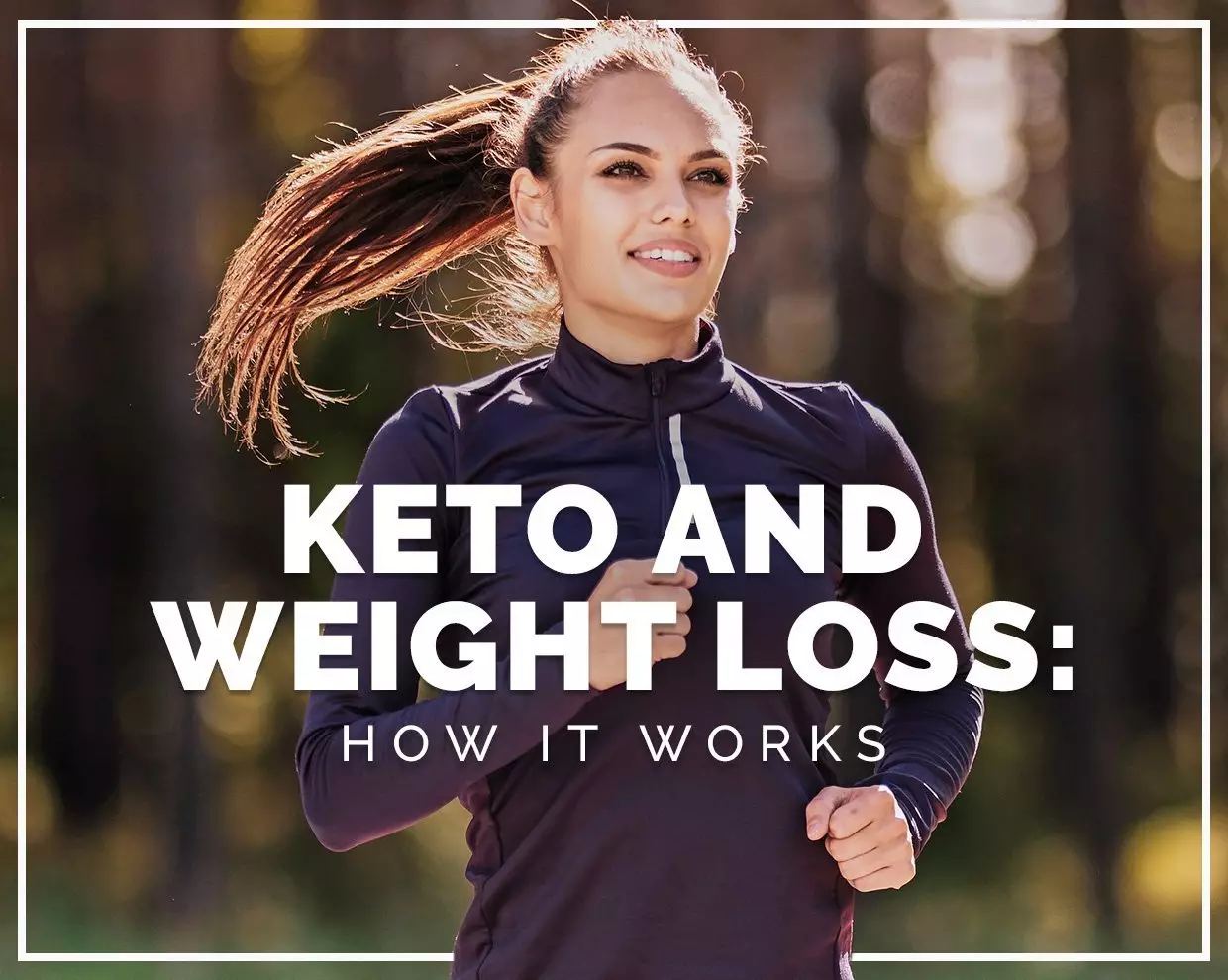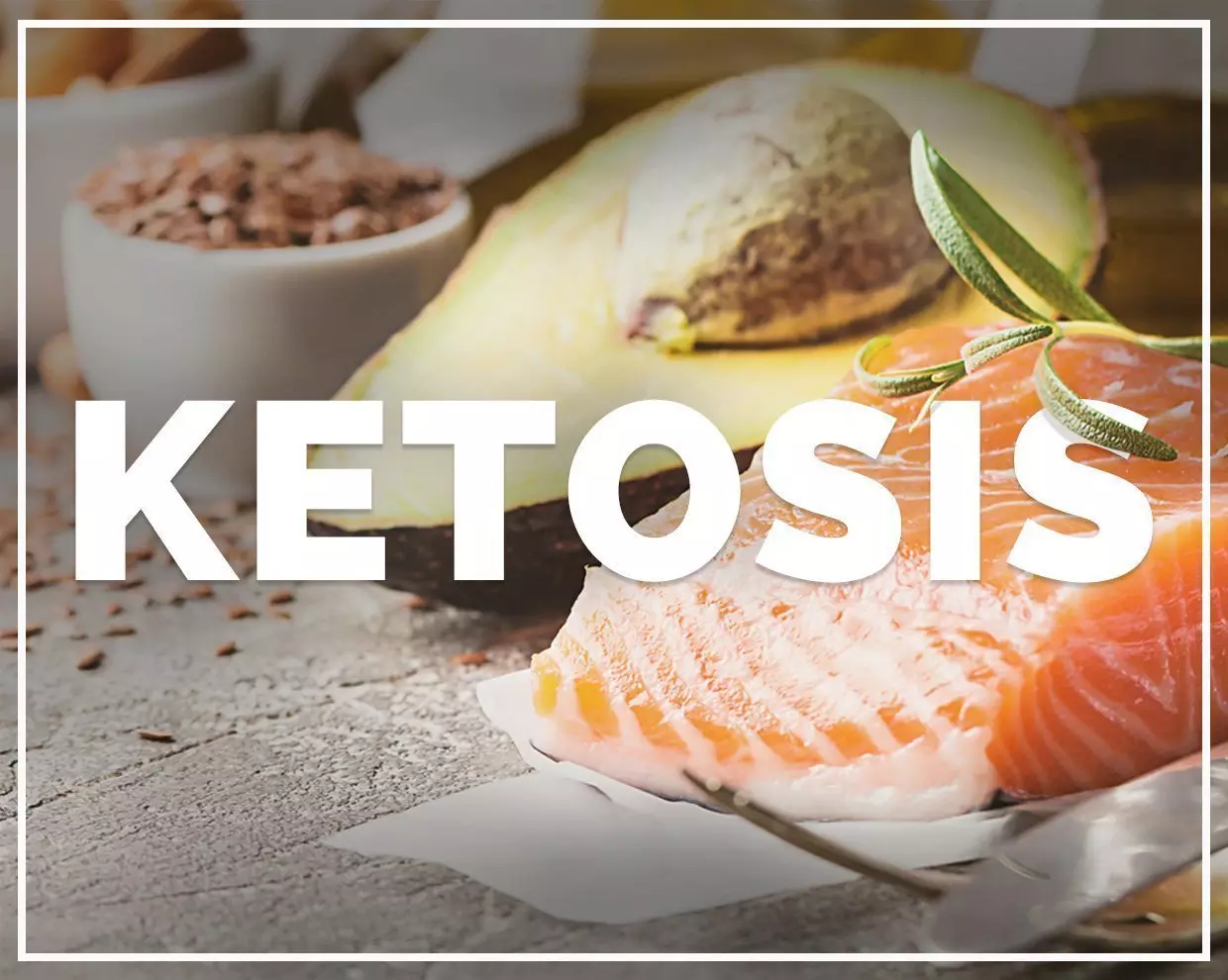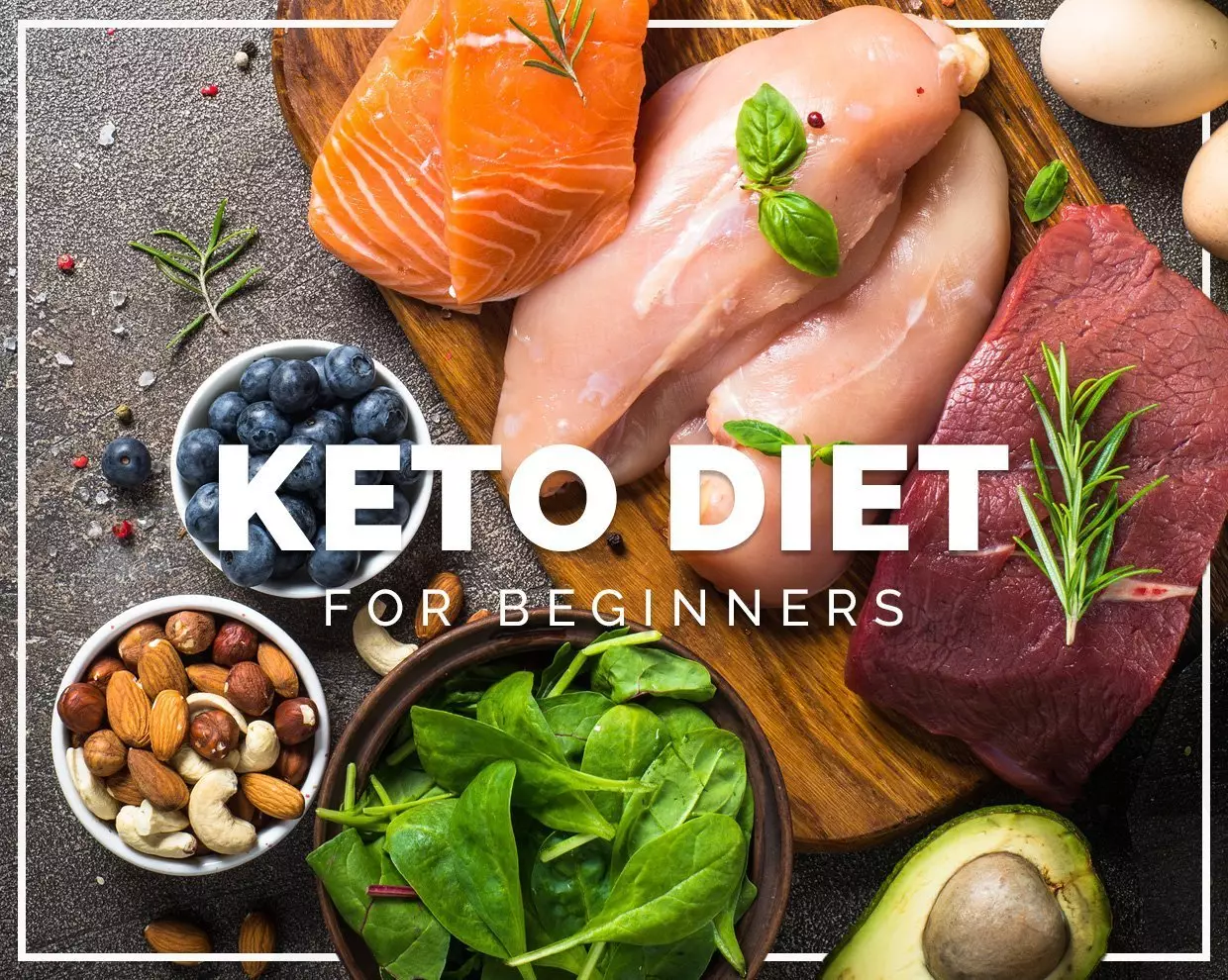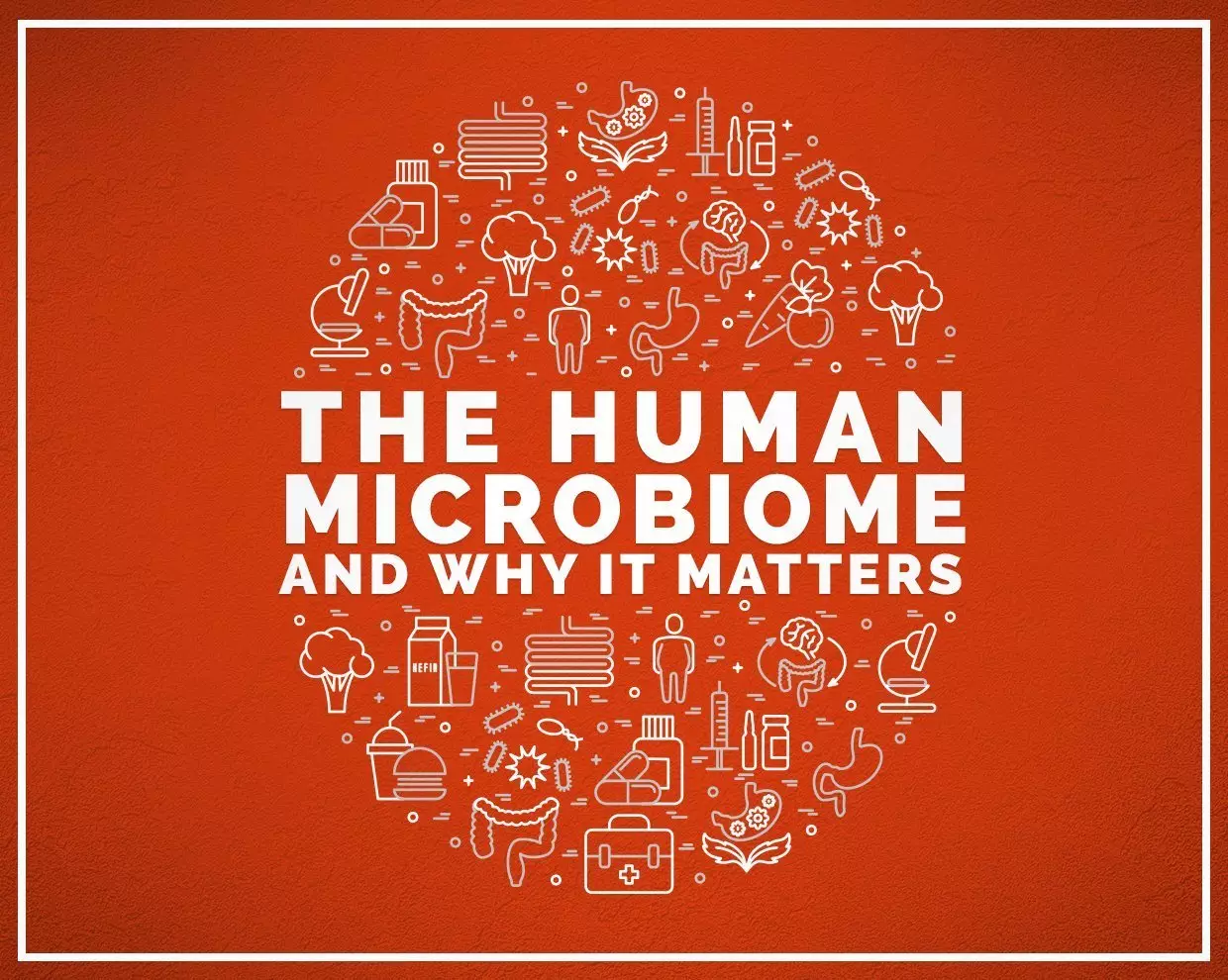Ketosis is a natural metabolic state. A healthy person may enter ketosis after intense exercise, or overnight, or during a period of fasting. When following a keto eating plan, you eat plenty of healthy fats with minimal carbs and sugars, which induces ‘nutritional ketosis’. Carbohydrates need to be limited to around 30-50gm per day, although the exact amount would depend on your personal carb tolerance.
We are all different with our own individual physiology, and there is no single diet that will work for every person. However there are many people experiencing healthy, sustainable weight loss when eating low-carb, so how exactly does this work?
The science behind the keto diet
When you remove carbs and sugars from your diet, your body doesn’t have access to glucose for energy, so it turns to ketones as its main source of fuel. As your glycogen stores diminish, you will begin to produce ketones. The primary ketone bodies we produce are metabolites called beta-hydroxybutyrate (βOHB), acetoacetate (AcAc), and acetone. All of these ketone bodies are made in the liver from the breakdown of fats.
The process of switching between glucose and ketones as our primary fuel can take a few days, and it helps to measure blood ketones so this can be monitored.
Measuring ketones
|
Metabolic state |
Blood ketone measurement |
|
Not in ketosis |
<0.5 millimolar |
|
Mild ketosis |
0.5 - 1.0 millimolar |
|
Nutritional ketosis - Optimum |
1.0 - 3.0 millimolar |
|
Post-exercise ketosis |
3.0 - 5.0 millimolar |
Fat-burning mode
Nutritional ketosis is often described as “fat-burning mode” because your body is using fat-derived ketones for energy. The great news for anyone looking to lose weight is that both dietary fats and stored fats are broken down in your liver when producing ketone bodies. This is because your body is constantly releasing, storing and burning fat in a process known as ‘fatty acid turnover’.
Feeling full, with fewer cravings
Being in a state of ketosis naturally reduces your levels of appetite-stimulating hormones insulin and ghrelin, which helps to reduce cravings (1). High-fat meals also make you feel full and satiated for longer, and for some people this can help to change their entire relationship with food. Being on a keto diet is associated with very stable and healthy levels of blood sugars. Without carbs you avoid blood sugar spikes, which drive up insulin and can lead to further cravings and all-day snacking.
A further impact on hunger and cravings may arise from changes in your gut microbiome. A keto diet will starve out pathogenic sugar-eating bacteria in your gut. This can significantly change the ecosystem of your gut microbiota, which have been shown to influence cravings for sweet foods (2). We wrote more about the microbiome here.
Lower insulin levels to release stored fat
When you are on a low-carb diet, insulin levels are lower and fat burning dominates. The keto diet has been clinically proven to reduce blood sugars and lower insulin (3) which makes sense considering you are dramatically reducing the carbs and sugars from your diet. When insulin levels are high, the insulin actively blocks the release of your stored fat - making it very difficult to lose weight.
Eating sweet foods and carbs leads to insulin spikes as your body works to reduce blood sugars, and in the long term this can lead to insulin resistance, weight gain and diabetes. Interestingly one particular ketone body, beta-hydroxybutyrate (BHB) has been shown to directly improve insulin resistance, creating a double whammy for anyone with diabetes or prediabetes (4). To find out more about this check out the work of Dr Stephen Phinney over at Virta Health including clinical studies and resources around keto and its effectiveness in reversing Type 2 diabetes.
Where does all the fat go?
When you lose weight, your body breaks down fat stores through a series of metabolic pathways. The fat itself is expelled in your breath, sweat, and urine; with the lungs being the primary excretory organ for fat. This means you are literally breathing out fat when you are losing weight.
In the initial stages of a ketogenic diet you will drop water weight, this is because glucose metabolism requires a higher amount of water than ketone metabolism. This additional water weight will only build back up when you go out of ketosis. For someone eating cyclical keto, where you eat low-carb most of the week but then include a carb refeed day, adding in some whole food carbs like sweet potato can sometimes impact fluid retention in the body.
Exercise and keto
If you are new to eating keto, you may have some concerns about whether you can exercise without carbs. Exercise depletes glycogen in the body, which is when your body turns to fat for energy. This means exercise can help to get you into a state of nutritional ketosis.
There is a growing body of research into the impacts of the keto diet on sports performance. The keto diet has been shown to improve energy levels and exercise endurance (5). There are benefits for sports like ultra marathon running, in part because you aren’t dependant on a regular intake of carbs for fuel (6). There may be additional benefits as the elevation in beta-hydroxybutyrate has been shown in new research to act as a signalling molecule (7) which impacts gene expression and a range of cellular functions. This may be a factor in the improvements seen in physical performance and endurance for athletes on a keto diet.
On the other side of the coin, some sprint athletes see a drop in performance when shifting to a keto diet, which is also relevant for anyone doing high-intensity workouts or HIIT (High Intensity Interval Training). There is further evidence to show that this may resolve in the long term, particularly after 6-12 months of eating keto. Again, this all depends on your own unique physiology as well as your health goals. If weight loss is your main focus, then combining exercise with a ketogenic diet is likely to be beneficial, based on the evidence. There is also anecdotal evidence to suggest that eating keto may help you lose weight even without exercise.
Combining the two gets our vote, because of the added benefits to your cardiovascular system, circulatory system, and overall health. Every system in the body benefits from regular exercise, which should include daily movement, strengthening and lengthening of the body.
Why is keto so popular?
The keto diet is a satisfying way of eating, especially when compared with a traditional low-fat diet. You feel full after eating a keto-friendly meal because of the high-fat content, which keeps you satiated for longer.
The keto diet is healthier, more effective and easier to follow than a traditional low-fat diet, and for many this makes it a superior approach to weight loss. While we associate the word ‘diet’ with something short term, eating keto is seen as more of a longer term lifestyle choice.
We favour a ‘clean’ keto diet made up of whole-foods, including meats (including fatty cuts and organ meats if you enjoy them), sustainably-caught fish, butter, ghee, coconut oil, seasonal vegetables and berries. Eating a whole-foods keto diet helps to promote overall health along with the potential weight loss benefits.
Keto supplements
There are some natural products and supplements that can help with a keto diet. Our top 3 are:
1. MCT oil (MCT = Medium Chain Triglycerides)
Medium Chain Triglycerides are able to metabolise effortlessly in the body as they are shuttled straight to the liver and converted to ketone energy. Bulletproof Brain Octane is a premium, pure C-8 chain MCT oil sourced from sustainably grown coconuts and is ideal for a ketogenic diet. Unlike coconut oil, MCT is liquid at room temperature and can be easily added to salads, hot drinks, smoothies or drizzled over meals. You can find out more about the difference between C-8, C-10 and C-12 fatty acids and the health benefits of MCT Oil here.
2. Coffee
Coffee is a natural source of caffeine, but also contains beneficial polyphenols and antioxidants including hydroxycinnamic acid. Caffeine helps to suppress hunger and is a stimulant to the nervous system that raises your metabolism and mobilises fatty acids. This makes drinking Bulletproof Coffee an ideal start to the day when you are eating a keto diet. The quality of your coffee is really important, you need to ensure your coffee is mycotoxin-free and mould-free if you want to feel your best.
3. Exogenous ketones
In addition to the ketones you make in your liver from the breakdown of fats, you can also supplement with ketone salts, which are known as exogenous ketones. Exogenous ketones can help with energy, clarity and focus; and won’t spike your blood sugars.
The final word: Let food be thy medicine
The ketogenic diet has impressive therapeutic potential as a lifestyle intervention, especially for overweight and obese people who may have tried other ways of losing weight. For anyone interested in health, it is exciting to consider that nutritional changes could help with some of the biggest health issues we face - including obesity-related illnesses such as heart disease, diabetes and cancer.
Any reduction in chronic illness and need for pharmaceutical drugs is a positive. Hippocrates well-known quote, “Let food be thy medicine, and medicine be thy food” is very relevant here, as there are proven metabolic advantages to a whole foods keto diet that boosts ketones and promotes overall health and wellbeing.
This diet will not suit everyone, and it is worth talking to your healthcare practitioner before embarking on a new diet, particularly if you are pregnant, breastfeeding or have an underlying medical condition. If you would like any help with the ketogenic diet, please contact us on our health coaching page.
To see our Full Ketogenic Diet series click here.
References
1. Do ketogenic diets really suppress appetite? A systematic review and meta-analysis.
2. How Gut Bacteria Tell Their Hosts What to Eat
3. β-hydroxybutyrate: much more than a metabolite
4. A low-carbohydrate, ketogenic diet to treat type 2 diabetes
5. Keto-Adaptation and Endurance Exercise Capacity, Fatigue Recovery
6. Metabolic characteristics of keto-adapted ultra-endurance runners
7. Rethinking fat as a fuel for endurance exercise

 UK Store
UK Store  NZ Store
NZ Store AU Store
AU Store EU Store
EU Store














